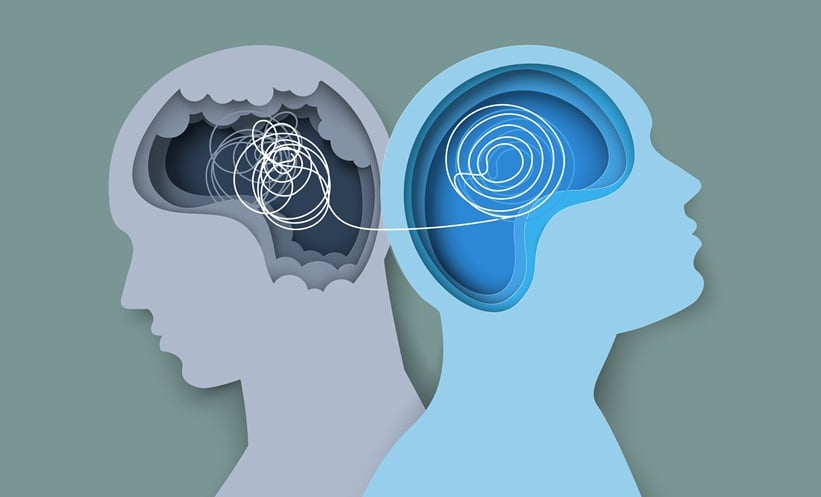A NEW clinical trial has found that serial ketamine infusions offered no greater benefit than placebo in reducing depressive symptoms among hospitalised patients.
The Role of Ketamine for Depression
In recent years, interest in ketamine for depression has surged, with clinicians exploring its rapid-acting antidepressant potential. The drug, originally developed as an anaesthetic, has been adopted off-label in hospitals and private clinics as a possible lifeline for individuals with treatment-resistant depression. However, evidence from placebo-controlled trials remains limited. The KARMA-Dep 2 trial sought to address this gap by comparing the effects of repeated ketamine infusions against midazolam, a psychoactive sedative used as a control, to determine whether ketamine truly provides superior antidepressant benefits in inpatient settings.
Study Design and Key Results
The double-blind, randomised KARMA-Dep 2 trial was conducted in Ireland between September 2021 and August 2024, enrolling 65 adults hospitalised with moderate to severe major depressive episodes. Participants received up to eight intravenous infusions, either ketamine (0.5 mg/kg) or midazolam (0.045 mg/kg), alongside standard inpatient psychiatric care. Of the 62 patients included in the final analysis, no statistically significant difference was observed in Montgomery–Åsberg Depression Rating Scale (MADRS) scores between groups (adjusted mean difference −3.16 points, 95% CI −8.54 to 2.22; P = .25). Likewise, self-reported depression scores and other secondary measures (cognition, cost-effectiveness, and quality of life) showed no meaningful difference. Most participants and raters accurately guessed treatment allocation, which may have influenced perceptions of improvement.
Clinical Implications and Future Directions
The findings challenge assumptions about the use of ketamine for depression as an inpatient adjunctive therapy. While ketamine remains a focus of psychiatric research due to its fast onset of action, clinicians are advised to remain cautious in adopting serial ketamine infusions until clearer evidence emerges, particularly regarding sustained efficacy, cost-effectiveness, and safety within routine mental health care.
Reference
Jelovac A et al. Serial ketamine infusions as adjunctive therapy to inpatient care for depression: the KARMA-Dep 2 randomized clinical trial. JAMA Psychiatry. 2025;DOI:10.1001/jamapsychiatry.2025.3019.








